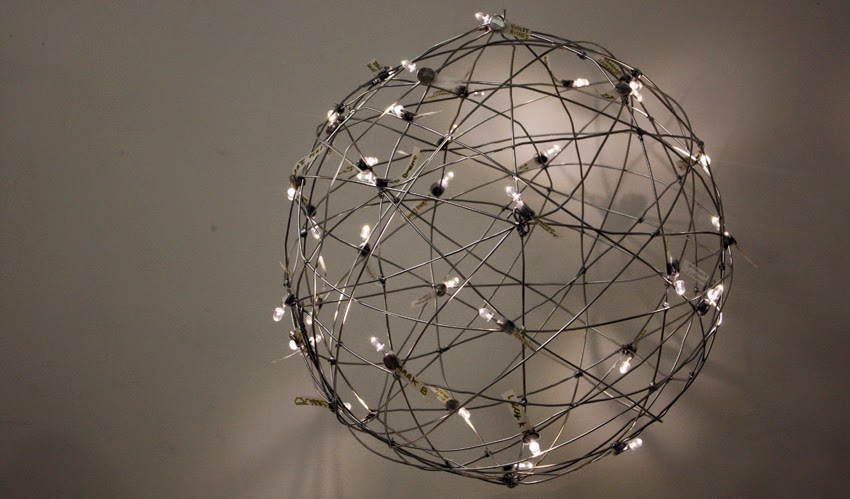The Stars and the Angels of Christmas

By Dominic White
The Star of Bethlehem is one of the most powerful images of Christmas. Indeed, the stars have always fascinated and awed people. Why? The uncertainty of life makes us anxious. We can change much on the earth: flatten hills, divert rivers. But we can’t change the stars. Could it be they influence or even determine our lives? We know from science that the moon governs the earth’s tides, so it’s not impossible. And the Biblical name for the Wise Men who followed the star to Jesus is Magi: this means priests of the Zoroastrian religion, of which astrology is a key belief.
Judaism and Christianity have always rejected astrology: believing that our behaviour is determined by the stars is to deny our free will and responsibility, and to deny that God answers our prayers and changes our lives. But in the Middle Ages, many churches were decorated with zodiacs (fig. 1, astrological clock, Chartres). It’s commonly thought that this was just a compromise with the local traditional cultures, but now that’s being questioned. The first Christians believed that the stars were angels, such as the seven stars which are the angels of the seven churches; and Wormwood, the star that falls to earth, is clearly Satan, the leader of the fallen angels whom the Archangel Michael and his forces cast out of heaven (Revelation 1:20, 8:10-11, 12:7-12). In the Jewish apocryphal book of Enoch, well known to the early Church, the fallen angels are stars which left the orbit God appointed for them and caused cosmic disorder. But, according to some early Christian writers, Jesus restored harmony, leading the orbits and conjunctions of the angels/stars of God, of humanity and of all creation in one great cosmic dance (as in Sandro Botticelli’s painting, fig. 2, of the Nativity).
It may be the stars/angels influence us – for good or ill – but they do not determine our lives. We speak of our “demons”, yet we can put on the armour of God to overcome the “principalities and powers… the hosts of wickedness in the heavenly places” (Ephesians 6:12). Carl Jung, the father of psychotherapy, knew that faith alone was not enough to heal neurosis, and indeed neurosis is often connected with negative experience of religion. But Jung believed that only in religion could we find answers to the deepest questions and angst, and he had a special respect for Christianity and for wise Christian pastors whom he befriended. There was a convergence: and as the Christian writer Gregory of Nazianzen said, when the Magi came to Christ, they came to the end of astrology.
Dominic White’s book The Lost Knowledge of Christ: Contemporary Spiritualities, Christian Cosmology, and the Arts is due to be published in spring 2015 by Liturgical Press, Collegeville, Minnesota, US, and is due out next spring. See lostknowledgeofchrist.wordpress.com/
Dominc’s writing is featured in the ‘Conjunction’ exhibition, on show at The Holy Biscuit until 20 December 2014.